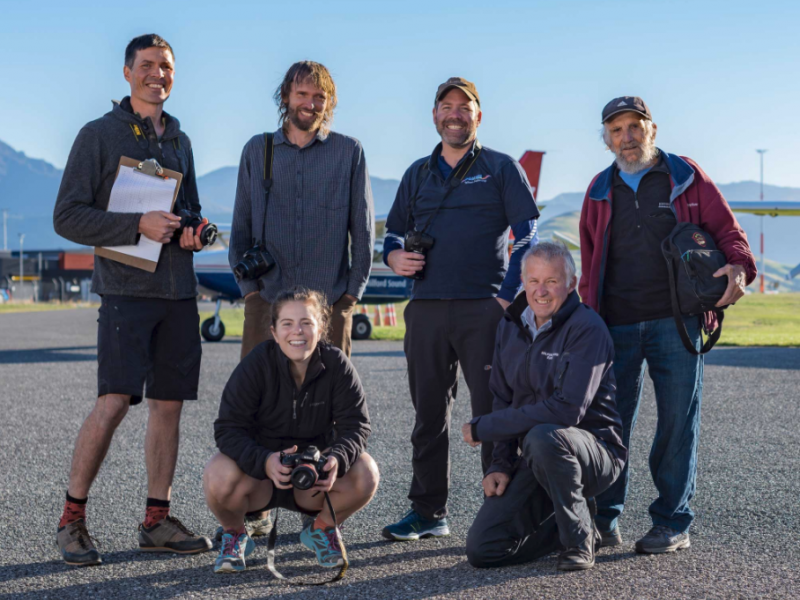The annual survey aimed to determine how much snow is left on the glaciers at the end of every summer and if the snowline is above or below the mountaintop.
NIWA Principal scientist Drew Lorrey said the snow that remains accumulates, compacts, and becomes part of the glacier.
He said if the glaciers are to remain, the snowline needs to be below the mountaintop to save snow each year.
"This year, the 30 glaciers [we surveyed] basically saved nothing from last year, and are ripping into their savings from previous years."
The previous record was in 2011, with only 16 of the surveyed glaciers reporting a snowline above the mountaintop.
"It was the most extreme year that we've seen since we started our observations forty years ago. To have a near doubling [since 2011] of the number above the mountaintops? That's very concerning."


